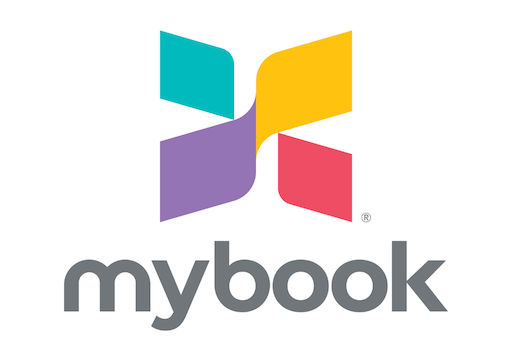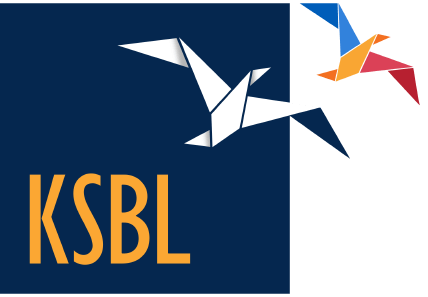
Switch Business Analytics Consultant: Effortless Tips for Success
Switching to a business analytics consultant can feel like a daunting venture, but it doesn’t have to be. Whether you’re a seasoned professional or new to the field, understanding how to make this transition smoothly is crucial for your career. From understanding the nuances of data stewardship to mastering stakeholder communication, these tips can help you not only make the switch but thrive as an analytics consultant.
Understanding the Role of a Business Analytics Consultant
Before diving into the practical steps, it’s essential to grasp what a business analytics consultant actually does. At its core, this role involves analyzing complex data to provide actionable insights that can guide business decisions. Imagine being the detective in a mystery novel, where you sift through clues (data) to uncover the story (trends, patterns, and recommendations). It’s more than just crunching numbers—it’s about connecting the dots to reveal solutions that can transform a business.
When navigating this transition, it’s important to familiarize yourself with the various tools and software that are commonly used in analytics. Programs like Tableau for data visualization and SQL for database management are often in high demand. Think of them as your toolkit; the more proficient you are, the better equipped you’ll be to handle diverse client needs.
Building a Strong Foundation
Mastering Data Interpretation
Switching to a business analytics consultant starts with a strong foundation in data interpretation. It’s one thing to collect data, but an entirely different ball game to analyze and interpret it effectively. Take my friend David, for example. He had a solid background in finance but lacked hands-on experience with analytics. He started by taking online courses and participating in workshops, focusing on understanding key metrics and industry trends. Over time, he developed an intuitive knack for identifying critical insights, all because he dedicated himself to mastering data interpretation.
Consider focusing on specialized areas that align with your interests—be it marketing analytics, financial analytics, or operational analytics. Applied knowledge in specific fields can differentiate you from other consultants.
Networking and Building Relationships
Another vital aspect when transitioning into a consultancy role is networking. Engaging with industry professionals through social media platforms like LinkedIn can open many doors. Share interesting articles, comment on posts, or even start conversations about trending topics. I recall an instance in my own career when a simple comment on a LinkedIn post caught the attention of a potential mentor. We ended up collaborating on a project that brought in a substantial revenue boost for both our businesses.
Additionally, local meetups and networking events can provide a goldmine of connections and opportunities. Attending these functions not only enables you to showcase your expertise but can also lead to new client referrals, which is essential in the consultative landscape.
Tailoring Communication Skills
In business analytics, technical savvy isn’t the only asset you need. Tailoring your communication skills to suit your audience is equally paramount. Being able to present your findings in a simple, digestible manner can significantly impact how your recommendations are received.
Picture yourself presenting analytical findings to a group of senior executives who may not have a deep technical understanding. Using analogies and avoiding jargon can help communicate the data’s value without overwhelming them. A vivid example can really paint the picture; for instance, you might liken a complex data trend to a stock market fluctuation—easier to grasp and relatable.
Emphasizing Continuous Learning
Another easy but often overlooked tip is to embrace continuous learning. Data analytics is an evolving field that continually integrates new technologies and methodologies. Subscribing to industry publications, participating in webinars, and even joining online forums can provide fresh perspectives and new tools at your disposal. A personal anecdote comes to mind here: I once signed up for a week-long boot camp on machine learning. Not only did I gain valuable insights, but I also connected with several industry leaders who have become trusted peers.
Dedicating yourself to lifelong learning can transform you from a competent consultant to an industry leader, making your switch even more rewarding.
Nurturing Your Personal Brand
As you step into a consultant role, it’s crucial to build and maintain a strong personal brand. Your online presence speaks volumes about your capabilities—whether through a well-curated LinkedIn profile or engaging posts that demonstrate your knowledge. Sharing case studies, testimonials, and even challenges you’ve faced can attract prospective clients and partners.
Visualize this: potential clients examining your profile and encountering testimonials that speak to your analytical prowess and problem-solving skills. They’re much more likely to reach out to a consultant who has established credibility and demonstrates a genuine passion for the industry.
Through these effortless tips, transitioning to a business analytics consultant can not only be a successful venture but also an incredibly fulfilling one, allowing you to apply your skills in meaningful ways.
FAQs
1. What qualifications do I need to become a business analytics consultant?
While formal education in analytics, data science, or a related field can be beneficial, experience and practical skills often weigh heavier. Complement your resume with hands-on projects, certifications in relevant software, and a solid understanding of data interpretation.
2. How do I find clients as a new consultant?
Networking is key. Attend industry events, leverage social media, and engage in online communities. You can also start by reaching out to your existing network and offering services based on any niche expertise you might have.
3. What tools should I be familiar with as a business analytics consultant?
Familiarity with data visualization tools like Tableau or Power BI, database management with SQL, and statistical software such as R or Python can significantly enhance your resume and improve your capabilities as a consultant.
Related Posts
Switch Amplitude Consultant: Effortless Guide to Success
Unlock the potential of your business with a switch amplitude consultant, who can turn overwhelming data into clear, actionable insights. If youve ever wished for a better understanding of your customer...
Switch Google Analytics Consultant: Effortless and Effective Guide
Switching your Google Analytics consultant doesn’t have to be overwhelming—its an opportunity to enhance your data insights and drive your business forward. Whether youre seeking more tailored strategies or...












